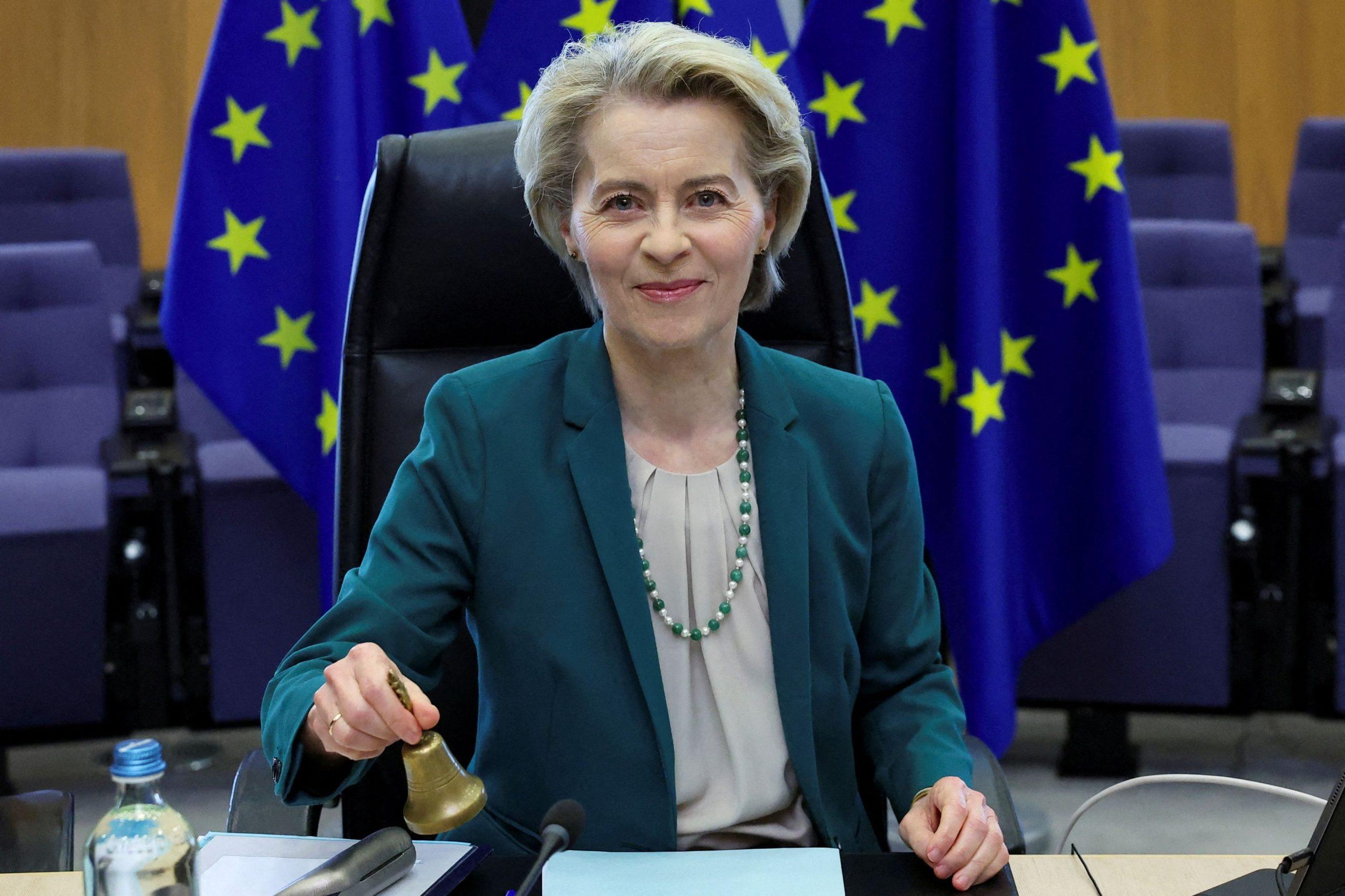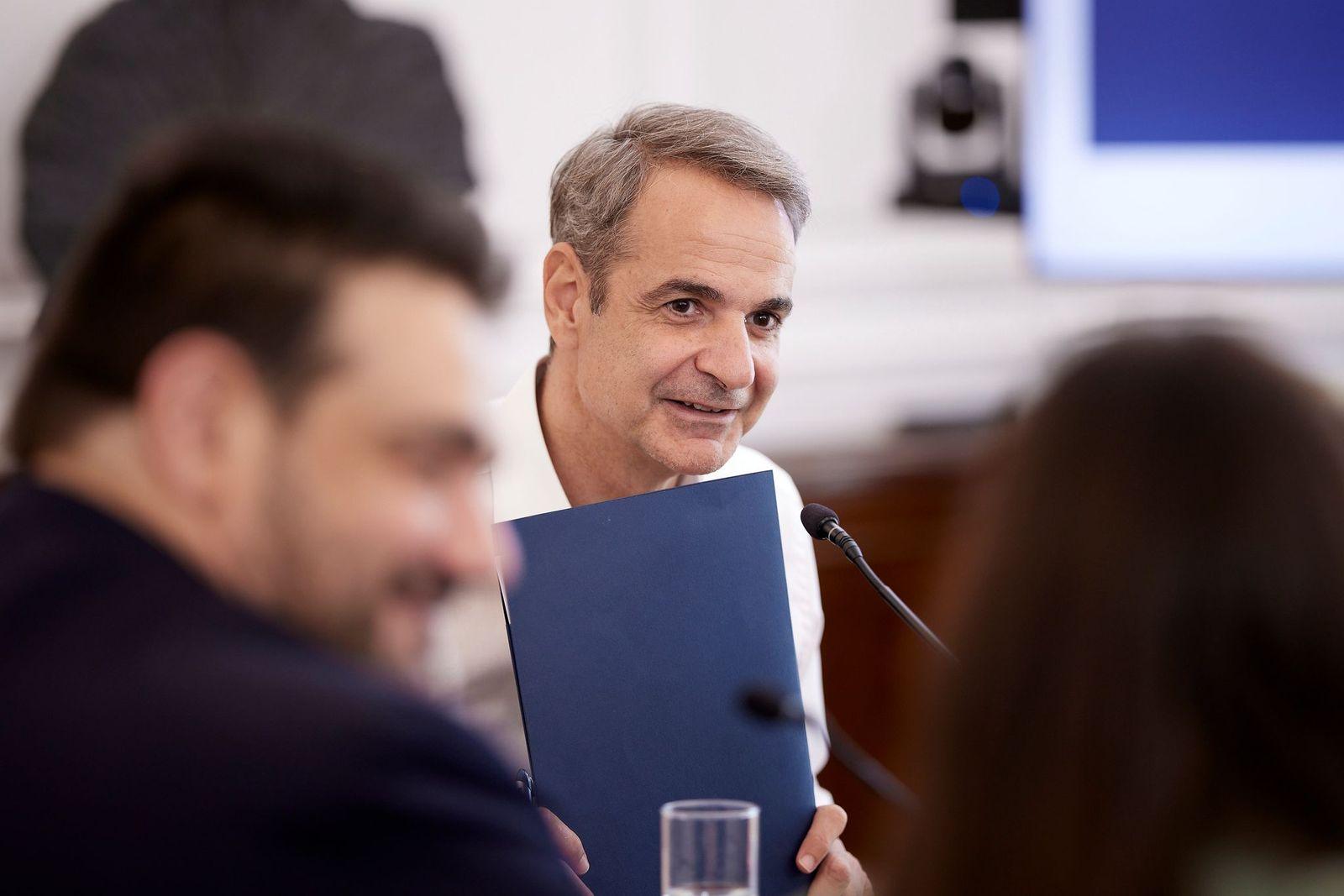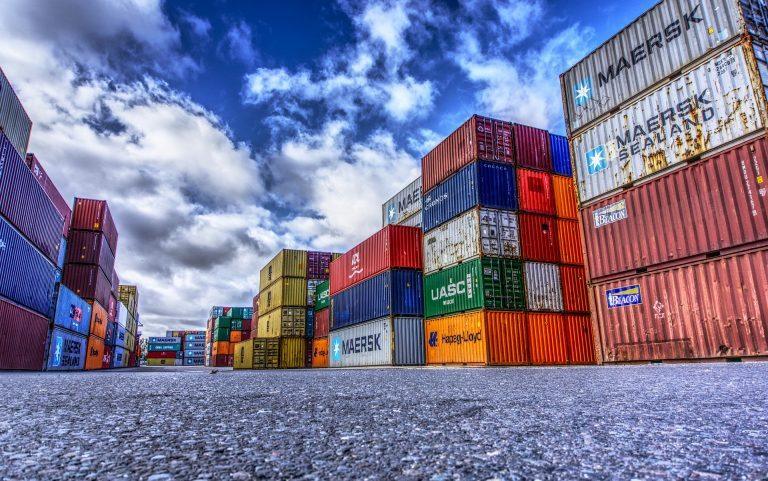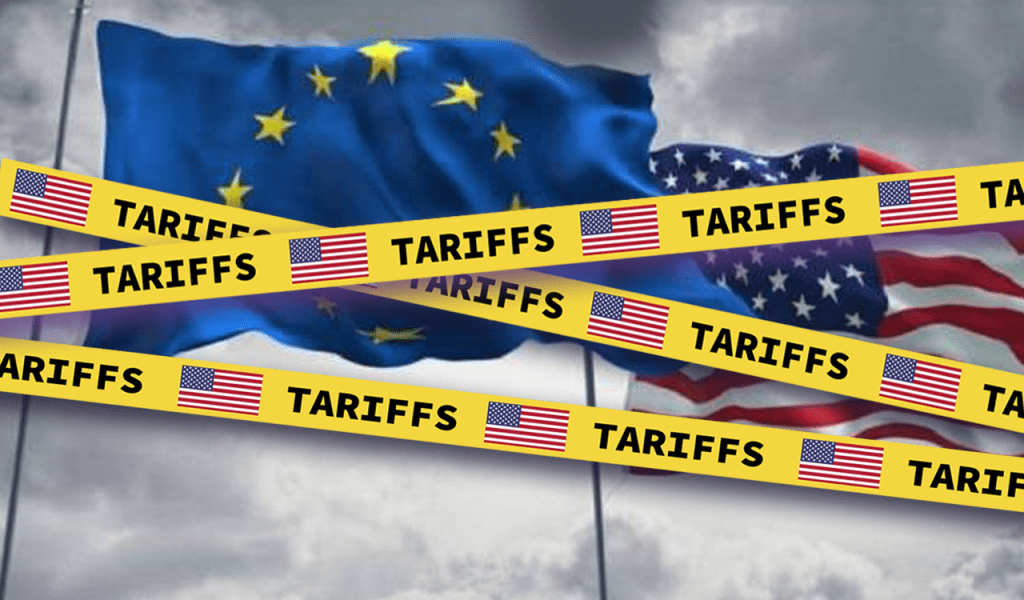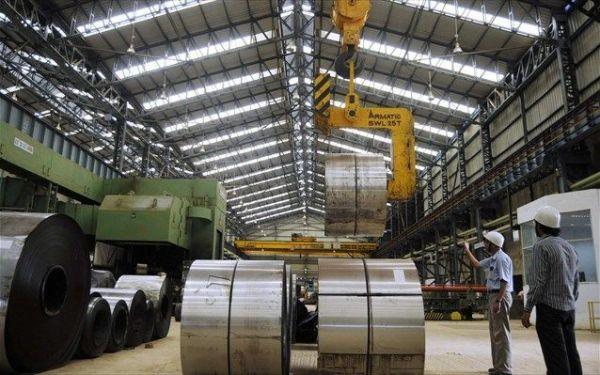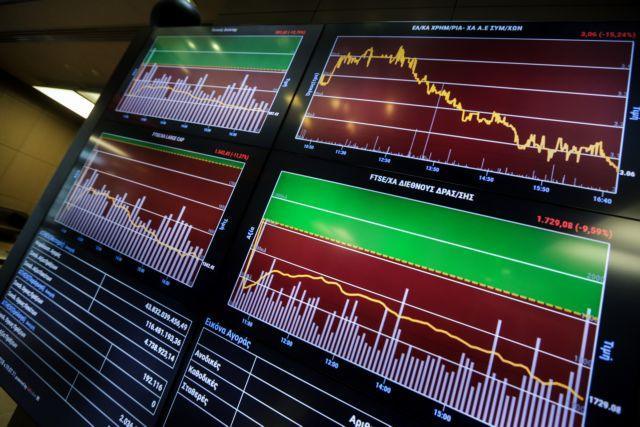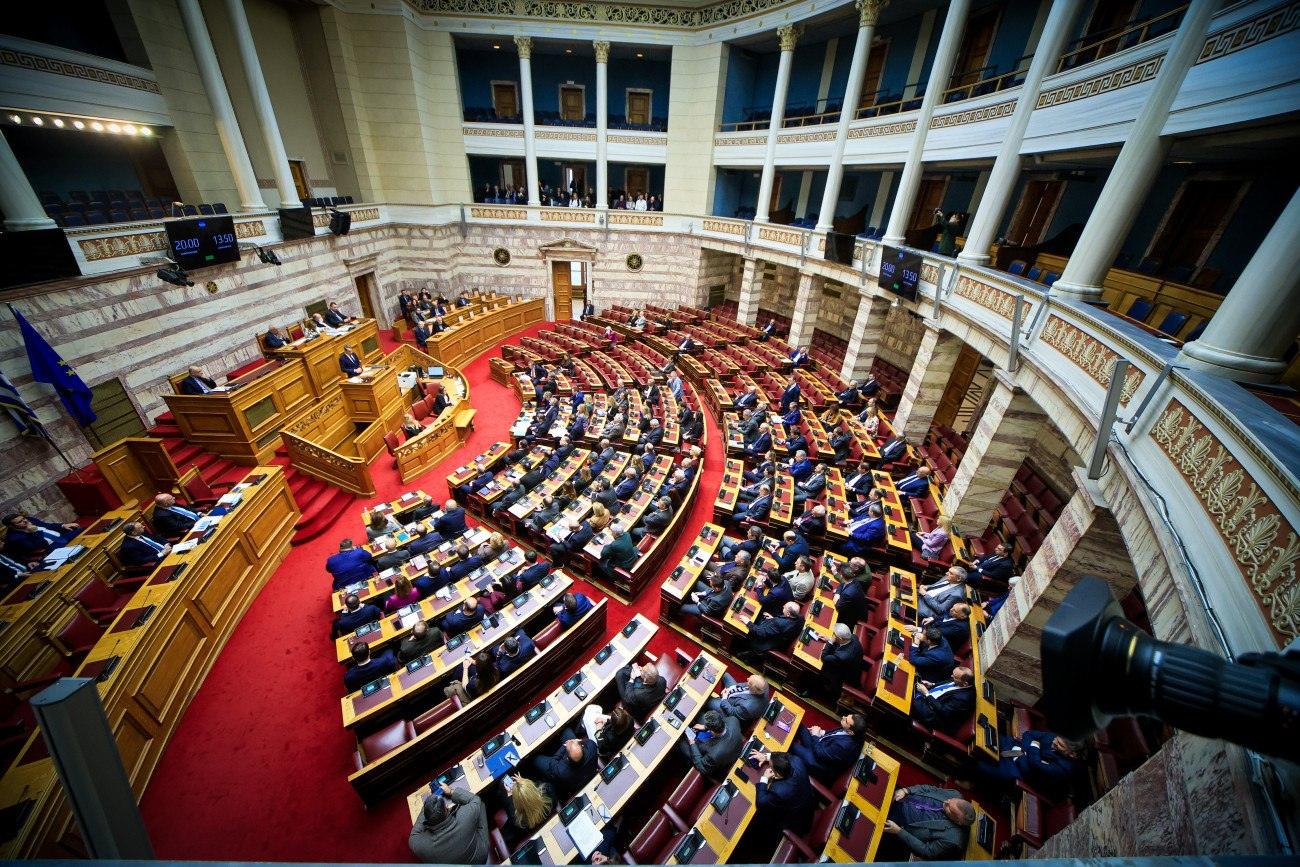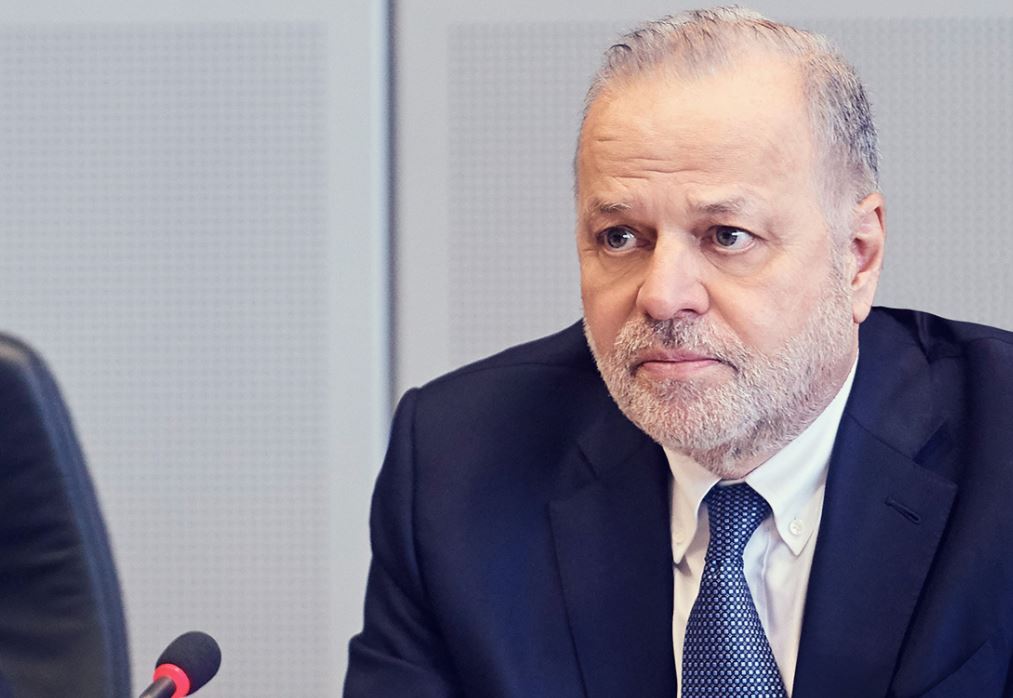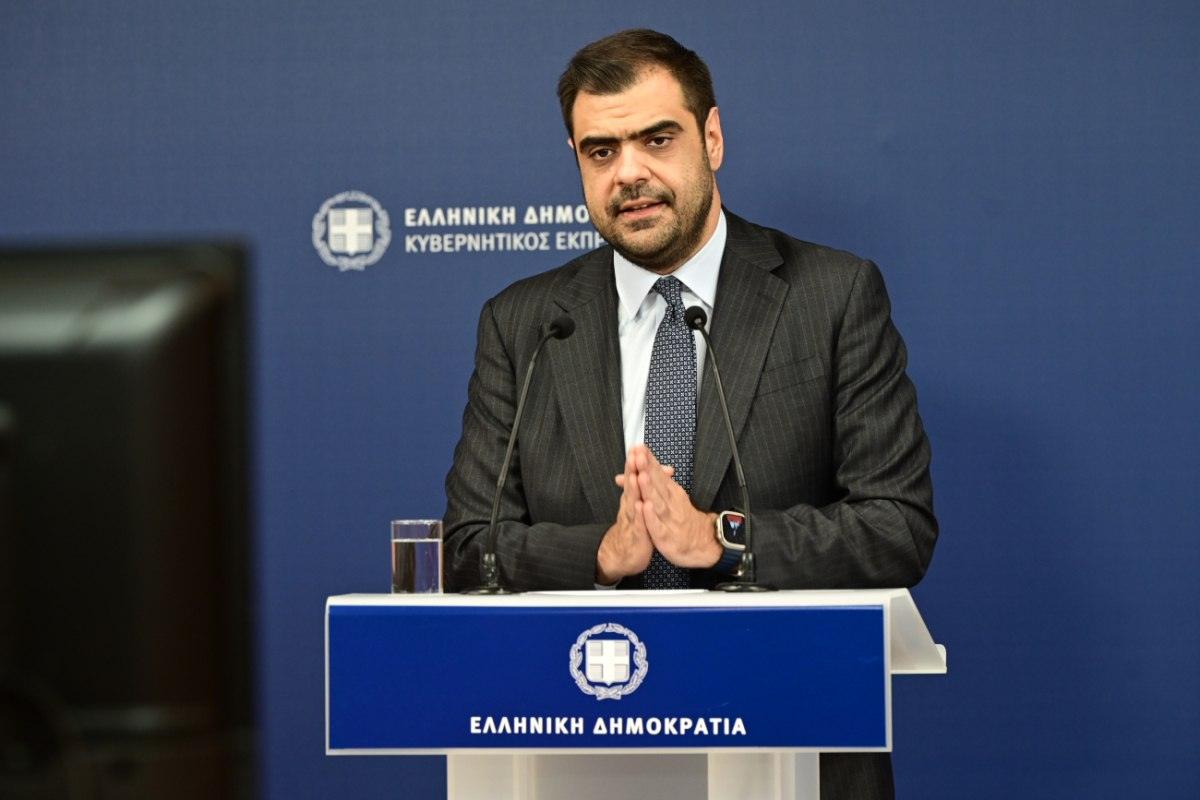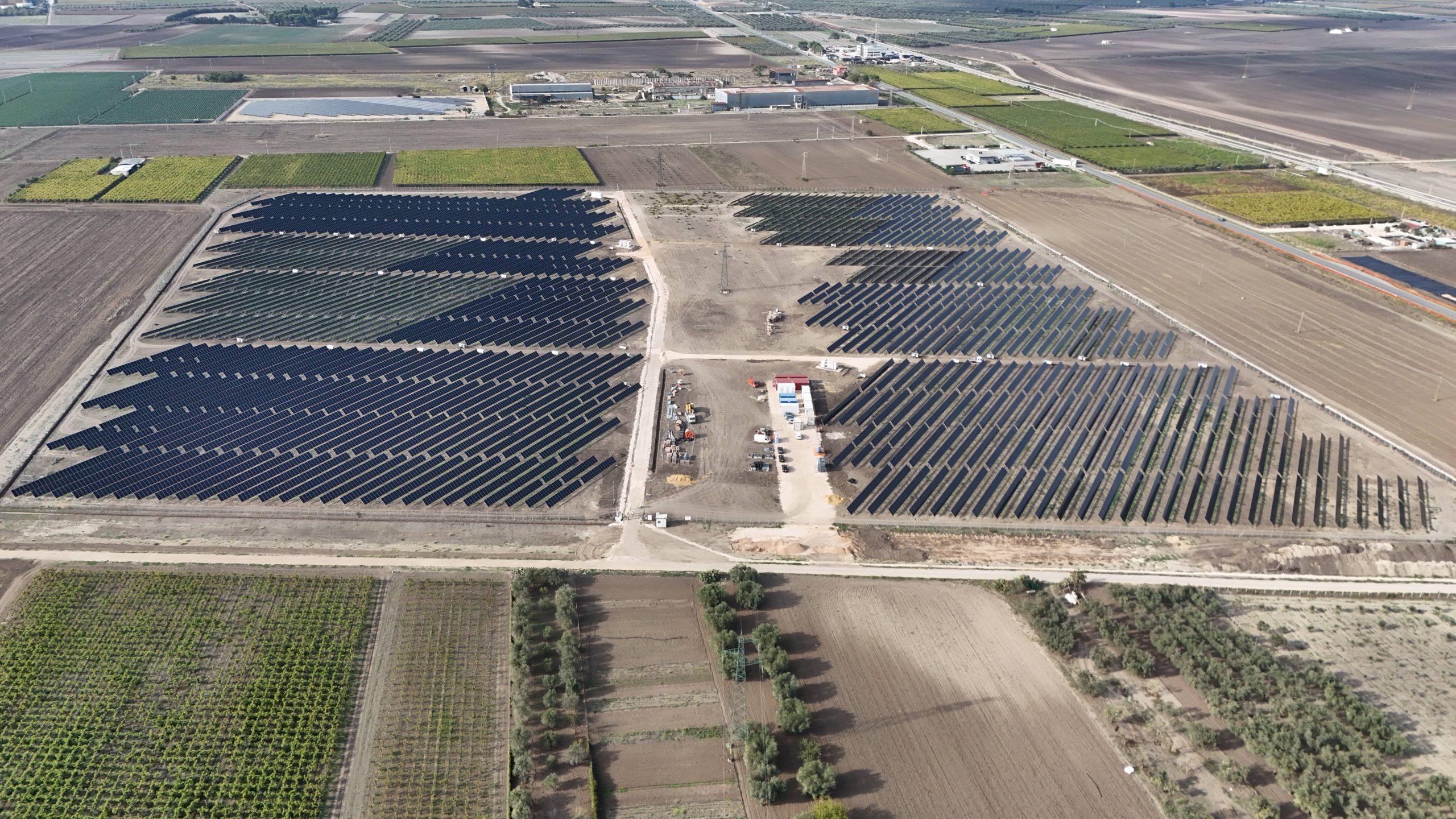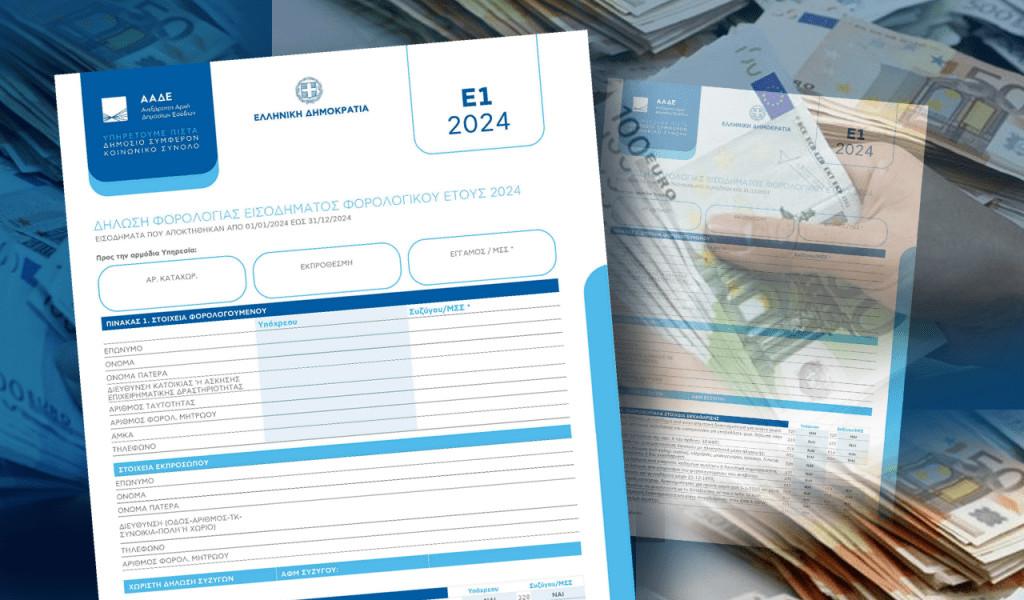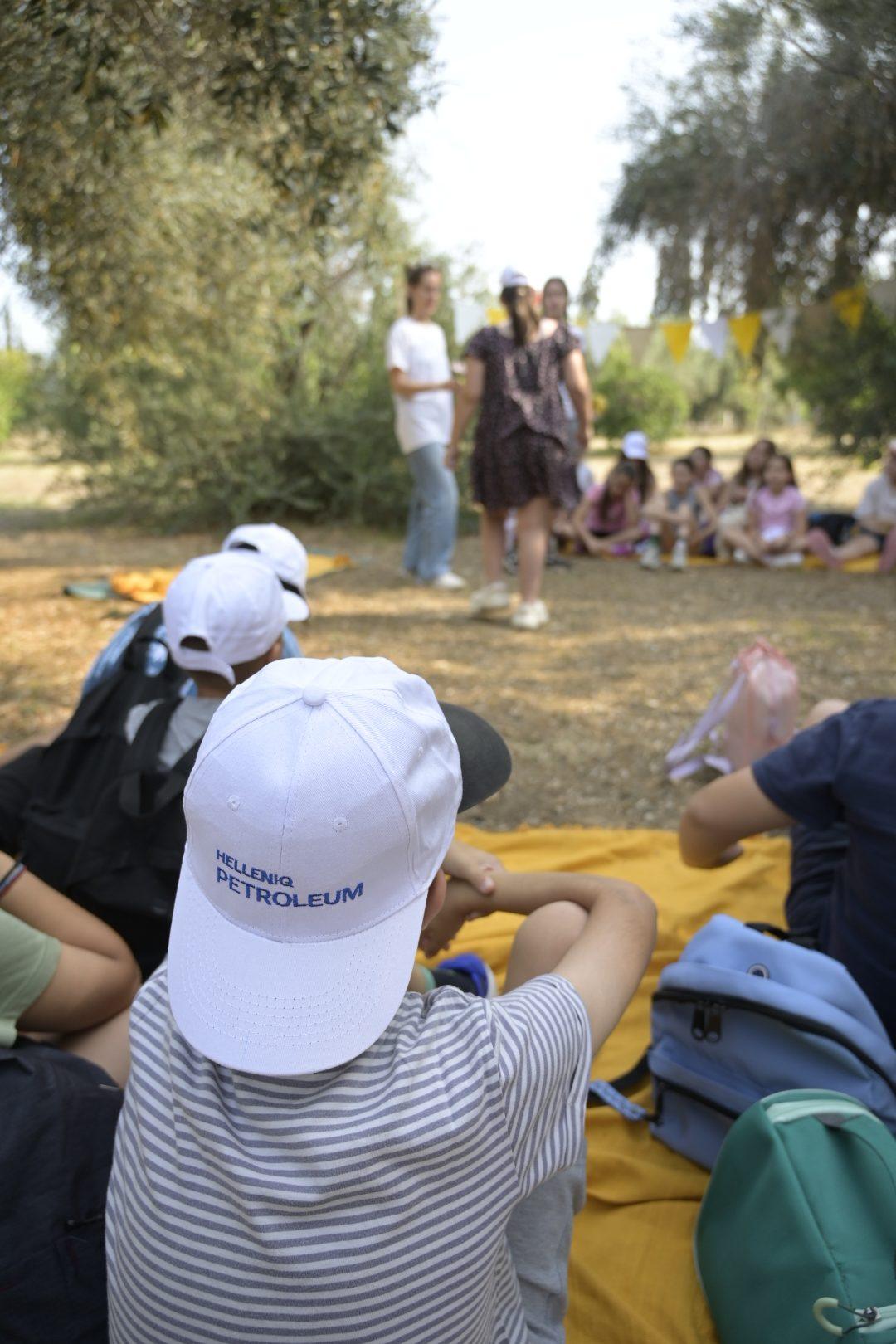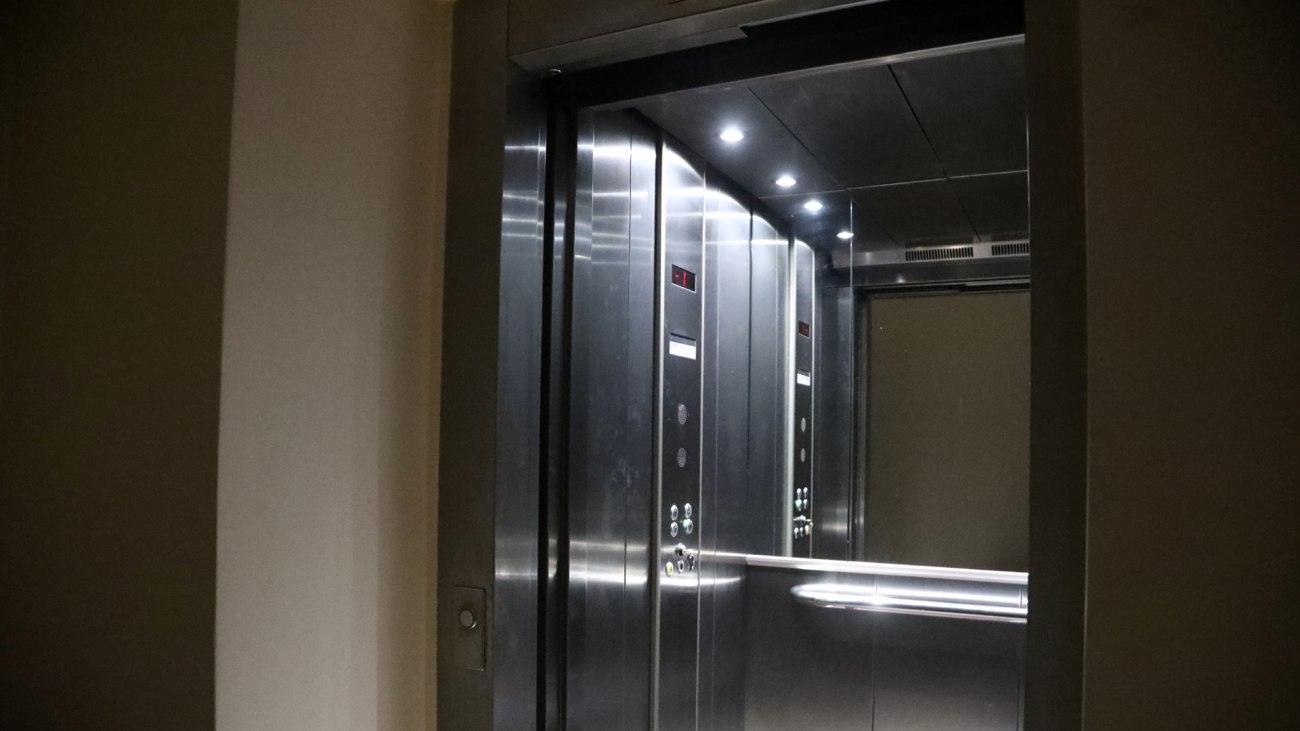The energy landscape in the Southeast Mediterranean is being rearranged after the Israel-Hamas war, with Greece and Cyprus seeking strategic positioning in the transit and exploitation of the region’s resources.
Although the uncertainty will for a long time overshadow – unknown for how long – any investment moves and any business plans, nevertheless Athens and Nicosia seek to be the new energy avenues of Israel to Europe.
Managers of Greek companies who are closely monitoring developments in the war zone as their multinational activities with Israel are involved emphasize to Vima newspaper that “the chessboard in the region rich in energy resources is being overturned.” They believe that Greece and Cyprus can emphatically confirm their role as two pillars of stability and development in the South-Eastern Mediterranean and mainly through launched investment projects to become the main hubs of the region’s energy interconnection with Europe.
In addition to these, other diplomatic sources speaking to “Vima” underline that the moves on the energy chessboard for the cooperation between Jerusalem and Ankara after the war with Hamas have failed… So for the time being, the Turkey factor is out of any investment plans with Israel that Israel is looking for alliances to Europe’s partners.
The new version of EastMed
“It is noteworthy that Jerusalem, despite the fact that it is in a state of war, continues normally with the planning for the big energy business projects“, as sources note in “Vima”.
And according to them, “if the conflagration in the Middle East does not become general, the big projects which are in the phase of discussions and studies are very likely to take shape in a few years. The duration of their maturation and implementation require a long period of time, in any case and regardless of the war”, note responsible officials.
So, according to “Vima” information, the EastMed natural gas pipeline is back on the table, which is advanced at the level of studies and is run by the consortium of DEPA and Edison companies (IGI Poseidon) for the movement of gas quantities from offshore fields of Israel in Cyprus, Greece and Italy. However, as a high-ranking executive of the consortium notes in “Vima”, a new version of the project is being proposed, while the project is being considered to be combined with the coverage of Israel’s energy needs. That is, the pipeline should not only have the character of exporting quantities of gas to Europe.
The same source describes how, given the new conditions that are emerging in Israel and given the strict environmental standards that Jerusalem sets for energy investment projects, there are discussions about the development of the section of the EastMed pipeline from Israel to Cyprus.
On Cyprus, the possibility of developing power plants by Israeli investors is being investigated. The plants will generate electricity from the natural gas that will arrive on Cyprus and then the electricity will be transferred via the EuroAsia electricity interconnection to Israel.
These discussions are at an early stage, however, movement is registered, the same source tells “Vima”. The new design ensures the energy sufficiency of the Middle Eastern country.
A reinforcing fact of the new designs is that the IGI Poseidon consortium has all the data, has done the necessary studies and research in the context of the preparation of the EastMed pipeline.
The Karis deposit
Energean also enters the energy chessboard more dynamically.
The Greek multinational that is active in the upstream (research and exploitation of hydrocarbons) has been located for five years in the offshore natural gas fields of Israel.
It continues to produce quantities from the Karis field and by the end of the year the Northern Karis site will also be operational.
Valuable infrastructure for Energean, which exports the quantities of gas (6 billion cubic meters per year) to Israel is the FPSO (Floating Hydrocarbon Storage and Offloading Production Unit).
With this infrastructure, Energean a few days ago, through its executives who spoke at a conference in Nicosia, brought back the proposal for the development of a pipeline that will transport quantities of gas to Cyprus.
The Greece – Cyprus – Israel cable
The project that has dynamically come to the fore in recent weeks is the electrical interconnection of Greece – Cyprus – Israel, also known as EuroAsia.
The project was undertaken by Independent Power Transmission Operator (IPTO) and now also Jerusalem was mobilized in order to run the section of the cable from Cyprus to Israel through studies and permits.
On October 24, a teleconference was held at the initiative of the Ministry of Energy of Israel and the subject of the maturation steps of the Cyprus – Israel electrical interconnection (EKE 3.10.1 project), which is the second phase of the Greece (Crete) – Cyprus – Israel electrical interconnection project. IPTO and the Transmission System Operators of Cyprus and Israel (NOGA) participated.
During the teleconference, issues related to the project cost-benefit study (CBA), which Cyprus and Israel are preparing, which is a prerequisite for the cross-border cost allocation agreement of the project (Cross Border Cost Allocation-CBCA), which will be called then to be concluded by the Regulatory Authorities of the two countries.
It was also agreed to set up technical working groups – with the participation of executives from all participants – to gather the necessary data, in order to launch the two aforementioned milestones, based on the data they will receive from the Administrators.
For the 1,208 km long cable, IPTO has signed a non-binding agreement with the Israeli fund Aluma, which expressed investment interest in its participation in the joint venture.
The deposits of Crete
The project of research and exploitation of hydrocarbons in the two blocks of Crete also enters the energy chessboard of the region.
These are the marine concessions “West of Crete” and “Southwest of Crete” that are exploited by the ExxonMobil – Helleniq Energy joint venture.
According to information, the two partners (the operator is the American oil company) are in the phase of interpreting the seismic data collected at the end of last winter.
The investment decision for the first exploratory well is expected to be made towards the second half of 2024.
The deposits of Crete, if discovered and developed, can become Europe’s new source of energy supply, covering part of the natural gas needs.
According to information, recently executives of the consortium and the Hellenic Hydrocarbons and Energy Resources Management Company (EDEFYEP) visited ports in western Greece and Crete in order to investigate on-site the possibilities of developing a technical base for drilling equipment.
Souda appears to have the best infrastructure, the same information says.
The Greece-Egypt cable
Another investment project of Greek interest and close to the Middle East region is the Greece-Egypt electrical interconnection, also known as GREGY.
GREGY – Green Energy Interconnector, was recently proposed to be included in the list of Projects of Mutual Interest (PMI) of the European Union.
The project is run by the Kopelouzou Group and will connect Egypt with mainland Greece with a submarine cable with a capacity of 3,000 MW and a length of approximately 950 km.
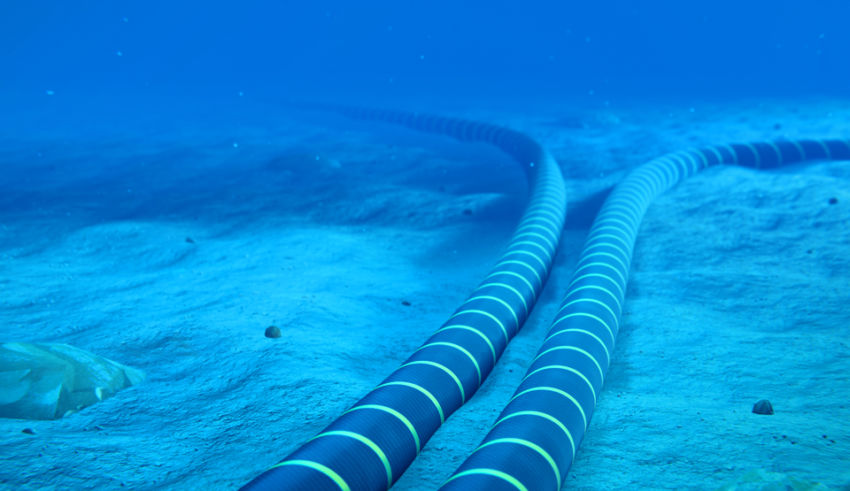
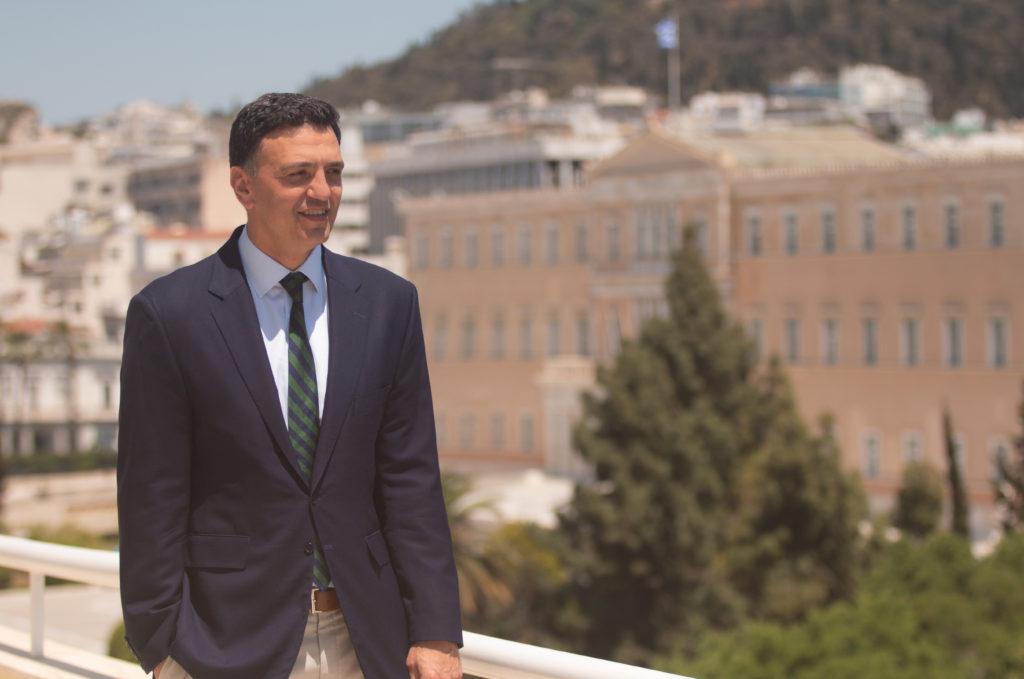
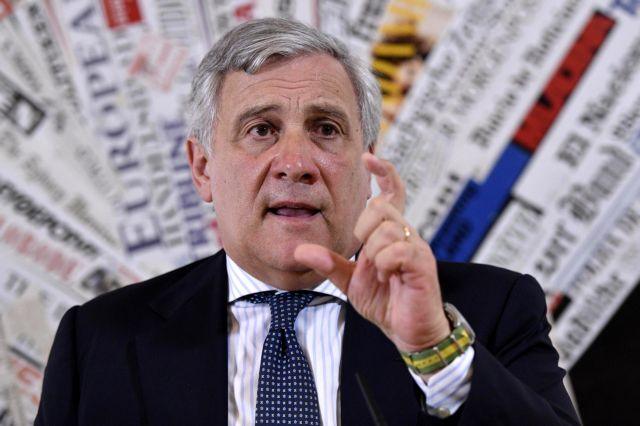


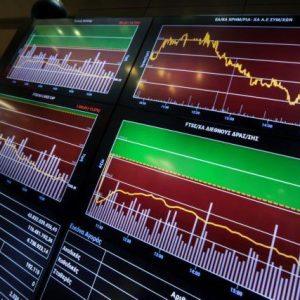
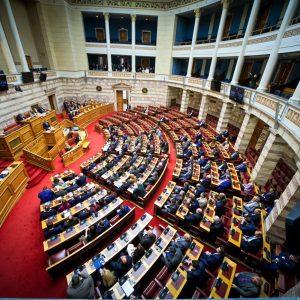



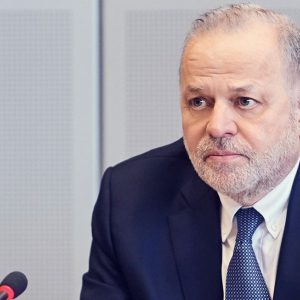



![Ακτοπλοϊα: Αυξημένη η κίνηση τον Ιούλιο παρά τα υψηλές τιμές στα εισιτήρια [πίνακες]](https://www.ot.gr/wp-content/uploads/2025/07/EV_BR_030918_APERGIA_PNO11-1024x683-1.jpg)




